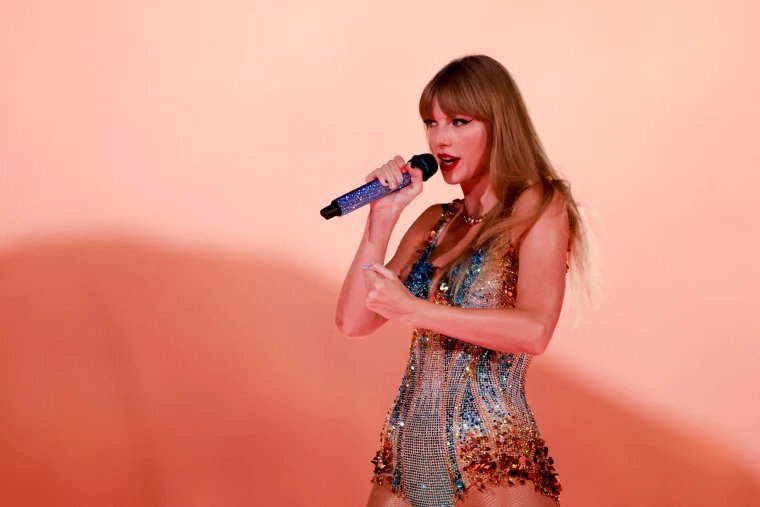Taylor Swift’s endorsement of Kamala Harris in the 2024 presidential election has some Americans thinking it is possible that the election results will be swayed by the pop star’s influence. Many celebrities besides Swift are vocal about their political affiliations, often encouraging the public to vote — but are Americans receptive to what celebrities have to say when it comes to politics? According to a recent YouGov survey, many Americans think celebrities are better off staying out of politics. Republicans are especially likely to think so.
About one in ten Americans (11%) say that a celebrity has ever caused them to reconsider their stance on a political issue, and even fewer (7%) say they ever supported a political candidate because of a celebrity endorsing them. When celebrities engage in political discussions, the most likely outcome is a negative perception of the celebrity: 51% say a celebrity's political position has led them to think less of a celebrity.
Beyond the impact that celebrity endorsements have had on them personally, more Americans say celebrity involvement in politics hurts American democracy than say that it helps. Democrats and adults under 45 are more likely than Independents, Republicans, and older Americans to say that celebrities weighing in on politics is helpful to American democracy.
Americans also think that speaking up about politics is largely to the detriment of a celebrity’s career. 32% of Americans say that weighing in on politics generally hurts a celebrity’s career. Only 10% say it generally helps a celebrity's career; adults under 45 are more likely than older Americans to think this.
— Taylor Orth contributed to this article
See the results for this YouGov poll
Methodology: This YouGov poll was conducted online on August 13 - 17, 2024 among 1,137 U.S. adult citizens. Respondents were selected from YouGov’s opt-in panel to be representative of adult U.S. citizens. The sample was weighted according to gender, age, race, education, 2020 election turnout and presidential vote, baseline party identification, and current voter registration status. Demographic weighting targets come from the 2019 American Community Survey. Baseline party identification is the respondent’s most recent answer given prior to November 1, 2022, and is weighted to the estimated distribution at that time (33% Democratic, 31% Republican). The margin of error for the overall sample is approximately 4%.
Image: Getty










